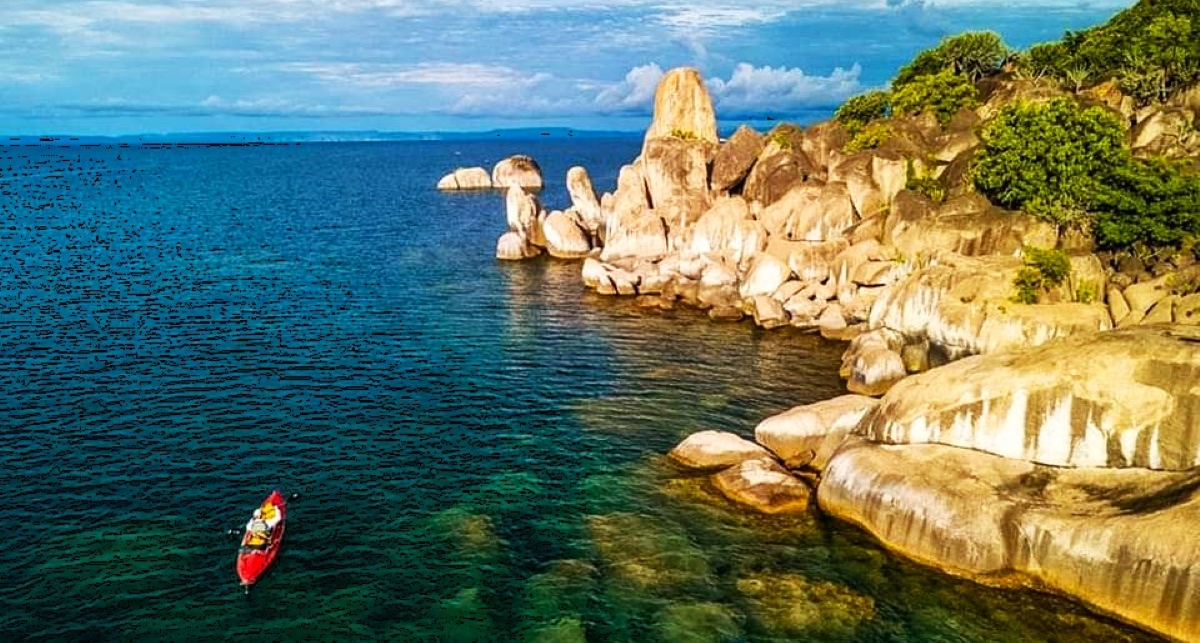Tanzania to auction 26 oil and gas exploration blocks in the Indian Ocean and Lake Tanganyika
Tanzania prepares to launch the country’s first round of oil and gas licensing from May 2025 in the United Kingdom.
The Petroleum Upstream Regulatory Authority (PURA) said the strategy, which is the first in more than a decade, will see a total of 26 exploration blocks in the Indian Ocean and Lake Tanganyika, being auctioned in London from May 2025.
The Director General of PURA, Charles Sangweni, says the regulatory authority has already identified the blocks, collected relevant data, and is awaiting final government approval of the Model Production Sharing Agreement (PSA).
This signals the government’s renewed commitment to unlocking its hydrocarbon potential, expecting to attract international investors and revitalize Tanzania’s role in Africa’s energy landscape.
The upcoming licensing round will be unveiled at the Africa Energy Summit in London.
It marks the country’s fifth such initiative which aligns with Tanzania’s broader strategy to harness the country’s natural resources and bolster energy security
Among the 26 blocks on offer, three are located in Lake Tanganyika, while the rest are offshore in the Indian Ocean.

“We have identified the blocks, collected data, and are now awaiting the government’s approval of the Model Production Sharing Agreement (PSA), which will govern the terms for investors.”
The PSA is a crucial document that will outline fiscal terms and contractual obligations for potential investors, setting the framework for the country’s upstream oil and gas operations.
The licensing round coincides with Tanzania’s ongoing efforts to finalize negotiations on a USD 42 billion Liquefied Natural Gas (LNG) export project.
This project, which has been under discussion for nearly a decade, aims to capitalize on the country’s vast natural gas reserves and position Tanzania as a major LNG exporter.
Tanzania boasts substantial gas reserves, with Shell-operated offshore Blocks 1 and 4 containing approximately 16 trillion cubic feet of discovered natural gas.
Equinor, operating in offshore Block 2, has made nine discoveries, with estimated in-place gas volumes exceeding 20 trillion cubic feet.
These reserves highlight Tanzania’s potential to contribute significantly to global energy markets. However, negotiations with major energy companies, including Shell and Equinor, have been hampered by tax incentive disagreements.
Deputy Prime Minister and Minister of Energy Dotto Biteko expressed optimism that a resolution on tax issues will be reached by June 2025, paving the way for the LNG project’s final investment decision (FID).
If successful, this project could generate substantial revenue for the country and create thousands of jobs.
Tanzania’s oil and gas sector presents significant economic opportunities that could transform the country’s financial landscape.
The government projects that with the right policies in place, the sector could contribute up to 10 percent of the country’s GDP by 2035.
Key benefits include job creation, because the oil and gas industry has the potential to create thousands of direct and indirect jobs, benefiting sectors such as logistics, engineering, and manufacturing.
Also, the government is expected to collect substantial revenue through taxes, royalties, and profit- sharing agreements with foreign companies.
The licensing round and associated LNG projects are expected to attract billions of dollars in Foreign Direct Investment (FDI), boosting Tanzania’s economic development.
The government has introduced policies requiring international oil and gas firms to engage local suppliers, thus fostering the growth of local Tanzanian businesses.
Equally, Tanzania is increasingly positioning itself as a regional energy hub through strategic partnerships and infrastructure projects that promote cross-border energy trade.
Key initiatives include the East African Crude Oil Pipeline that Tanzania undertakes with Uganda and China National Offshore Oil Corporation (CNOOC).
Additional reporting by Doing Business in Tanzania Magazine

